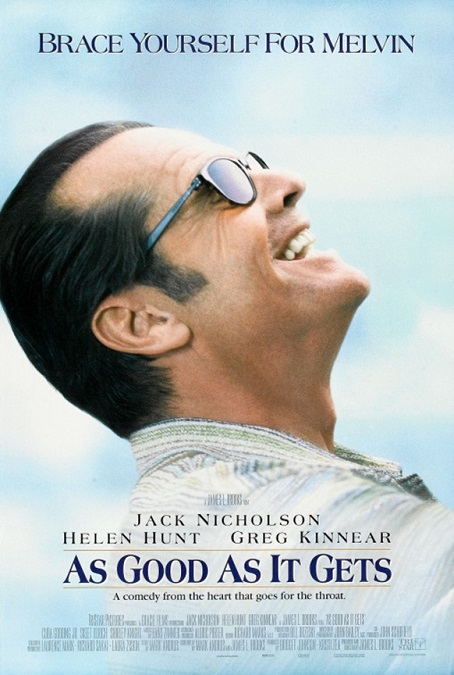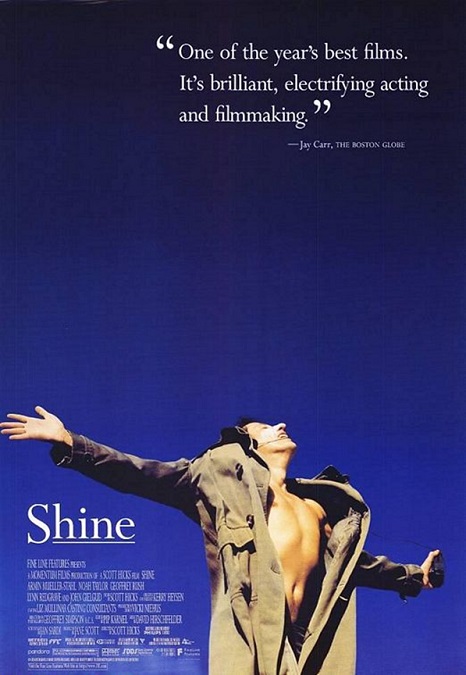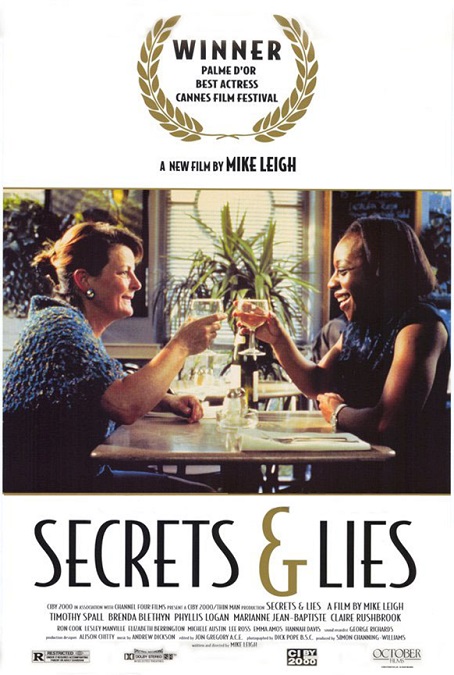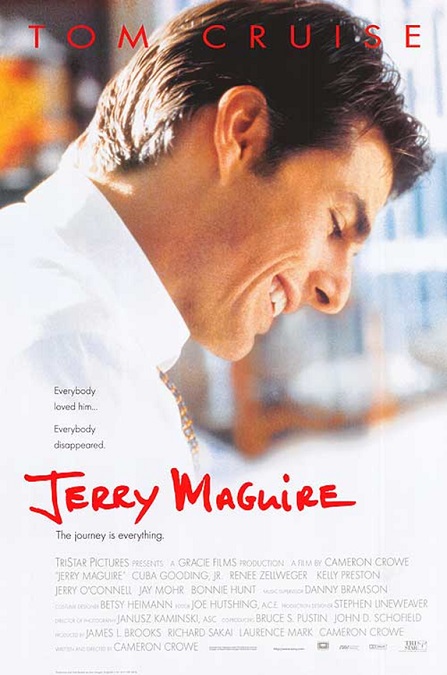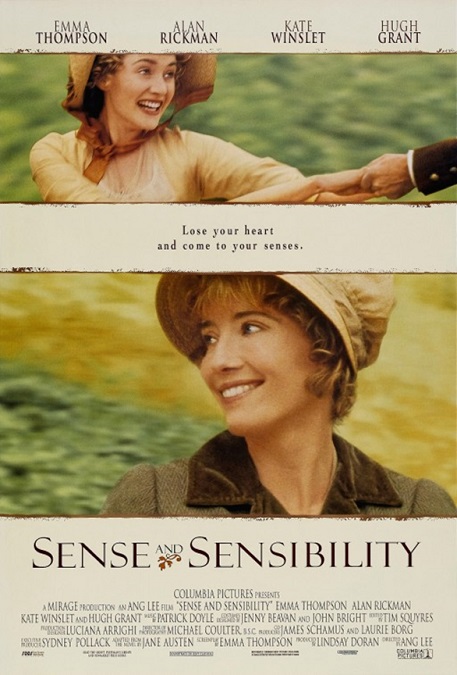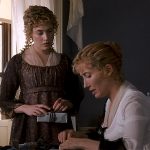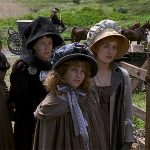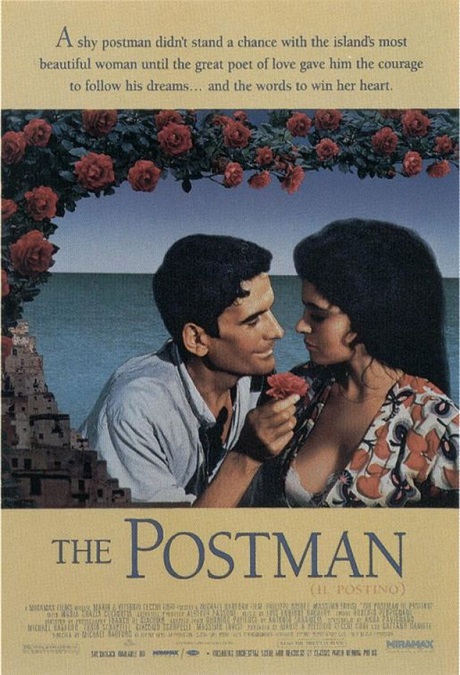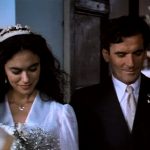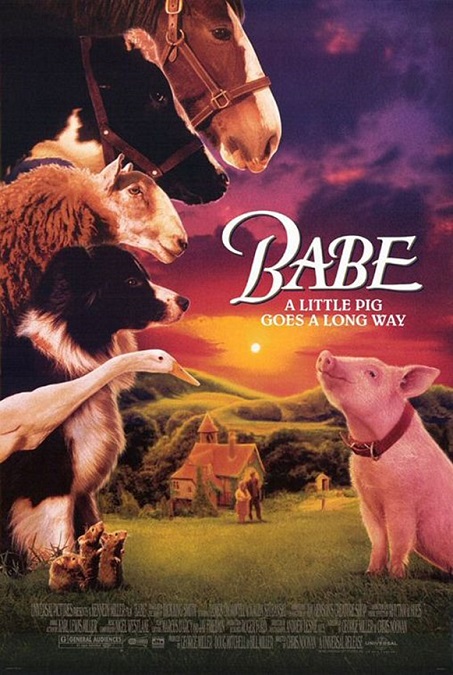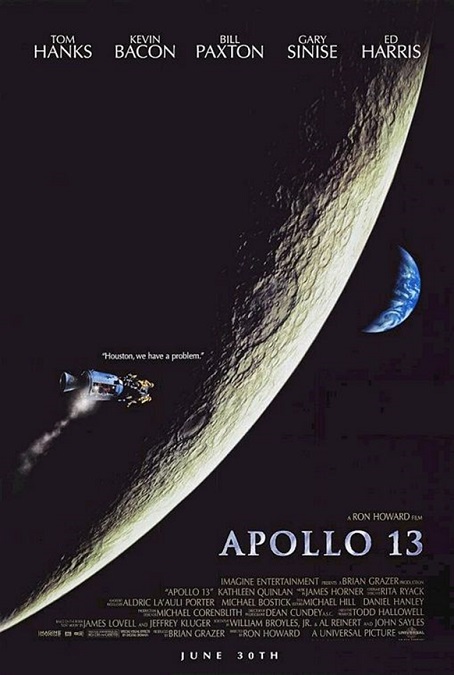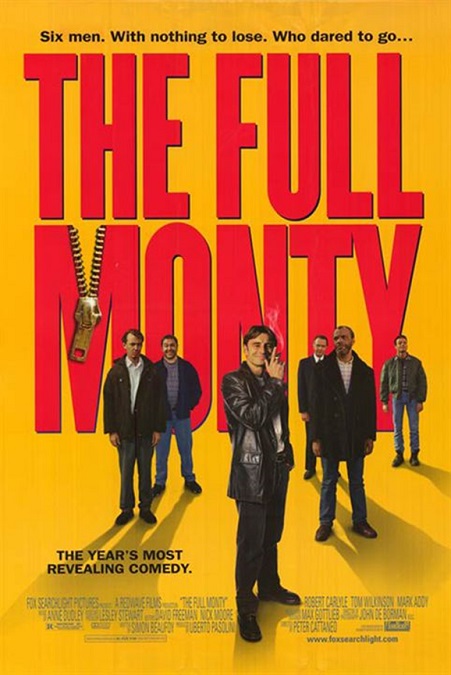
The Full Monty – 1997
This movie was just plain fun, punctuated by moments of light drama. In the modern era, it is rare for a comedy to be nominated for Best Picture, so it was impressive in that regard. But let’s be honest. It really never had any chance of winning the big prize, did it? It was up against the juggernaut, James Cameron’s Titanic. The Full Monty never had a chance.
The movie starred Robert Carlyle, Mark Addy Steve Hulson, Tom Wilkinson, Paul Barber, and Hugo Speer, six men who agreed to bare it all, though as viewers of the film, we never see anything that needed to be censored. However, it is clear that they actually did “the full monty” in front of the filming crew and 400 extras during filming, something which the actors only agreed to do if it was done in a single take.
The movie was a major commercial success and still gets good reviews to this day. It takes place in Sheffield in South Yorkshire, England, which is important because the actors all delivered their dialogue with the appropriate accent, which heavily used British slang and the thick dialect of the region, making some lines difficult to understand. I personally had no difficulty with the language, and I thought it just added to the movie’s charm.
The plot is about six unemployed men in Sheffield, a city which once thrived because of its steel industry, but which has fallen on hard times due to the closing of the steel mills. The main character, Gaz, played by Carlyle, is about to lose visitation privileges with his son, Nathan, played by William Snape, because he doesn’t have enough money to pay for child-support. As a way to make some quick money, he comes up with the hair-brained scheme to become a stripper.
Gaz gets his best friend Dave, played by Addy, to help him. After saving and befriending Lomper, another steel mill employee, played by Hulson, from committing suicide, Gaz and Dave harass Gerald, played by Wilkinson, their former steel-mill foreman, to help them learn how to dance. Finally, they hire two more men, Barrington “Horse” Mitchell, an old black man who knows how to dance, and Guy, a young man who can’t dance, but apparently has an incredibly large willy. In order to give the ladies in his audience something that their average chip-n-dale dancer could not, Gaz claims that he and his mates will go all the way, or The Full Monty.
What I loved about the movie was its sense of fun and its likable characters. I liked that each character had his own moments of both comedy and drama. I liked that even the drama wasn’t too heavy. The whole thing had a light-hearted feel and an air of self-empowerment, earned through the courageous and liberating act of public nudity. It starts off as a desperate and degrading attempt to make some money, and ends up being a way for the men to regain a lost sense of purpose and self-worth.
And each of the dramatic sub-plots in the film were handled so well. For example, Lomper’s suicide attempt was treated as a comedic moment, He was fighting depression because of extreme loneliness. But through the attempt, he becomes friends with Gaz and Dave, and the three sit and discuss what would be the best way to kill themselves. And later it is made clear that a romantic relationship begins between Lomper and Guy, another touch that was perfectly played.
Or I loved Dave’s dramatic turn. He is overweight, a fact which causes depression and low-self-esteem. He also feels like a failure as a husband and provider because he cannot find work. To top it all off, he has issues with impotence. His wife, Jean, wonderfully played by Lesley Sharp, loves him dearly, but is afraid he has given up on life and on her. The scene in which she inspires him to do the strip-tease was perfectly played. Thinking she had caught Dave cheating on her, she is ready to walk out on him, but he confesses the real reason for the incriminating bikini undies. She says, “You and Gaz? Strippers?” He replies, “We weren’t that bad. Only I couldn’t, could I?” “Why not?” she asks. Near tears, he says, “Well, look at me.” “So?” “Jeanie, who wants to see this dance?” And with eyes full of love she says, “Me, Dave. I do.” Such a fantastically played scene! Of course, Dave dances and Jean is right in the front row.
The film was so popular that it was turned into a musical and a stage play. I’ve actually seen the musical twice, and it is a lot of fun. But I noticed that there was one significant difference from the movie which concerned Gerald’s dramatic story line. Having been out of work for six months, he cannot bring himself to tell his wife, played in the film by Deirdre Costello. He is hoping to get a new job before she finds out. Of course, she does when the repo men arrive and begin taking all her possessions. In the musical she loves him enough to stay with him. In the movie, she leaves him. An inconsequential detail, but I wonder why they changed it.









